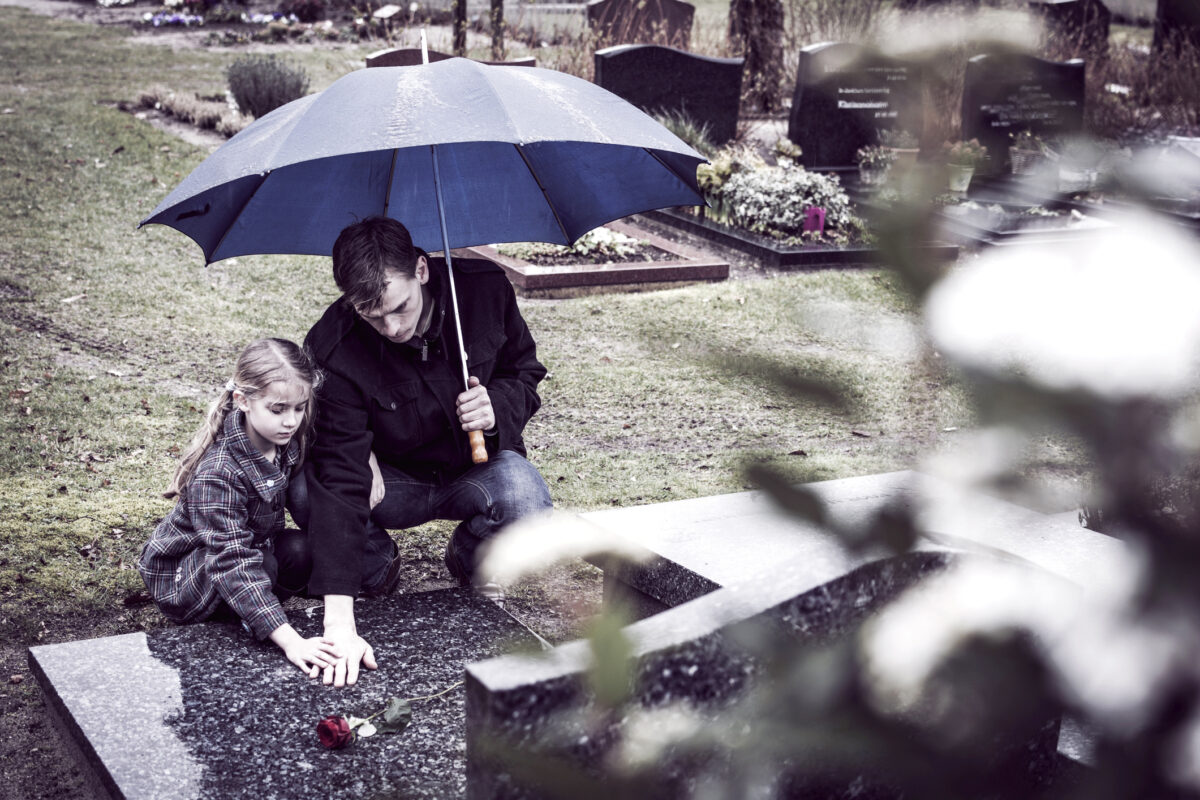Grieving families need us now more than ever.

OK, I admit it, I’m a fixer. There, now you know that my first instinct is to look at a situation and think of as many ways of improving it or solving it as possible.
But today, I look at people burying their deceased loved ones with COVID-19 restrictions for gathering, and I’m stuck. It disturbs me that when we most need an abundance of human contact, it’s considered unsafe. Gatherings are allowed with a maximum of 10 attendees. Memorials, funerals, and graveside services are essential. We find ourselves adjusting to new rules during grief in addition to everything that has already changed in the lives of grievers. How do we solve this problem?
Possible Solutions
The most obvious solution is to delay gathering for a memorial until we’re permitted to once again come together. For some, this solution is doable.
But what about the closest of kin? I think of them. They must delay that important gathering of support. They feel the isolation in raw aloneness. Part of the reason for gathering to honor the dead is also to support the grieving. The griever has my heart during this season of physical distancing. And you, the comforter, have my focus.
If families choose not to delay a service, funeral homes are doing the best they can to accommodate groups of only 10 at a time and offering online services. For now, this provides a way to honor the dead, but it can’t provide the support needed for those who grieve. So, my supportive and caring friend, you are needed more than ever.
Five Ways to Support the Grieving
Here are five uncomplicated ideas that may make all the difference for a grieving neighbor, friend, or close family member. They need your support. Even one of these five ideas would make such a difference for a brokenhearted, isolated griever.
1. Arrange for fresh meals to be delivered daily. Provide just enough for one day; not large casseroles, just enough for the day. Occasionally include a bag of fresh groceries, such as a loaf of bread, milk, cereal, and fresh fruit. Check for dietary needs.
2. Create a list of individuals who will call throughout the week. For example, make a list of seven people who can each call one day a week. This way the griever receives a daily call. Do this as long as the griever is being benefitted.
3. Invite friends from out of the area to send cards, notes, or letters for several months. Homemade cards from children in the neighborhood demonstrate deep caring.
4. Arrange for neighbors or friends to stop by for short visits at the doorway, keeping appropriate physical distancing.
5. Schedule a few people from your church or their faith-based community to call, read Scripture, and pray with the bereaved every evening before bed. (Keep in mind that times of deep loss are not when you should share deep doctrine; instead, share the assurance of God’s grace to get through the pain.)
As we each do our part, we can support grieving friends, neighbors, and family members, especially during times of imposed isolation. Now is the time to rise to the occasion of being our best selves for the sake of those who are brokenhearted.








